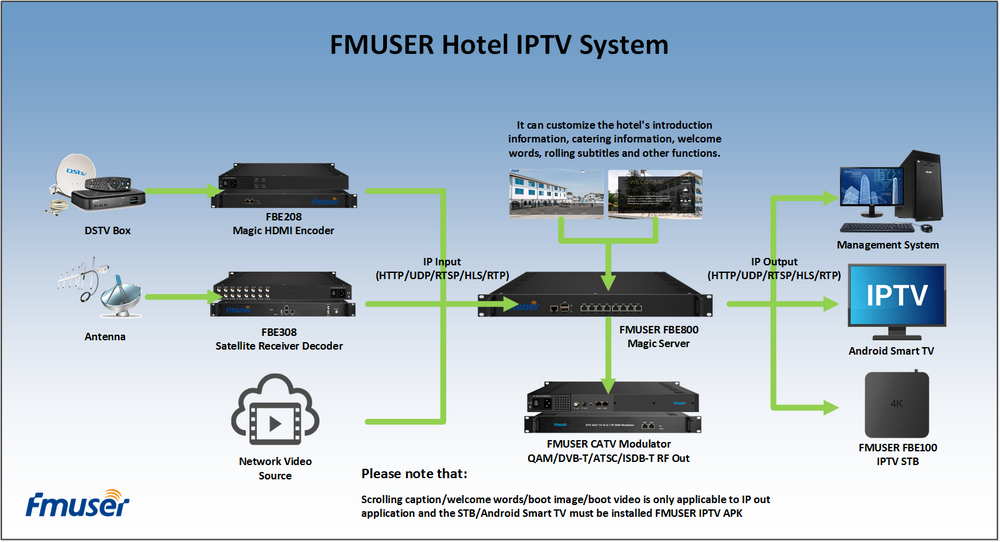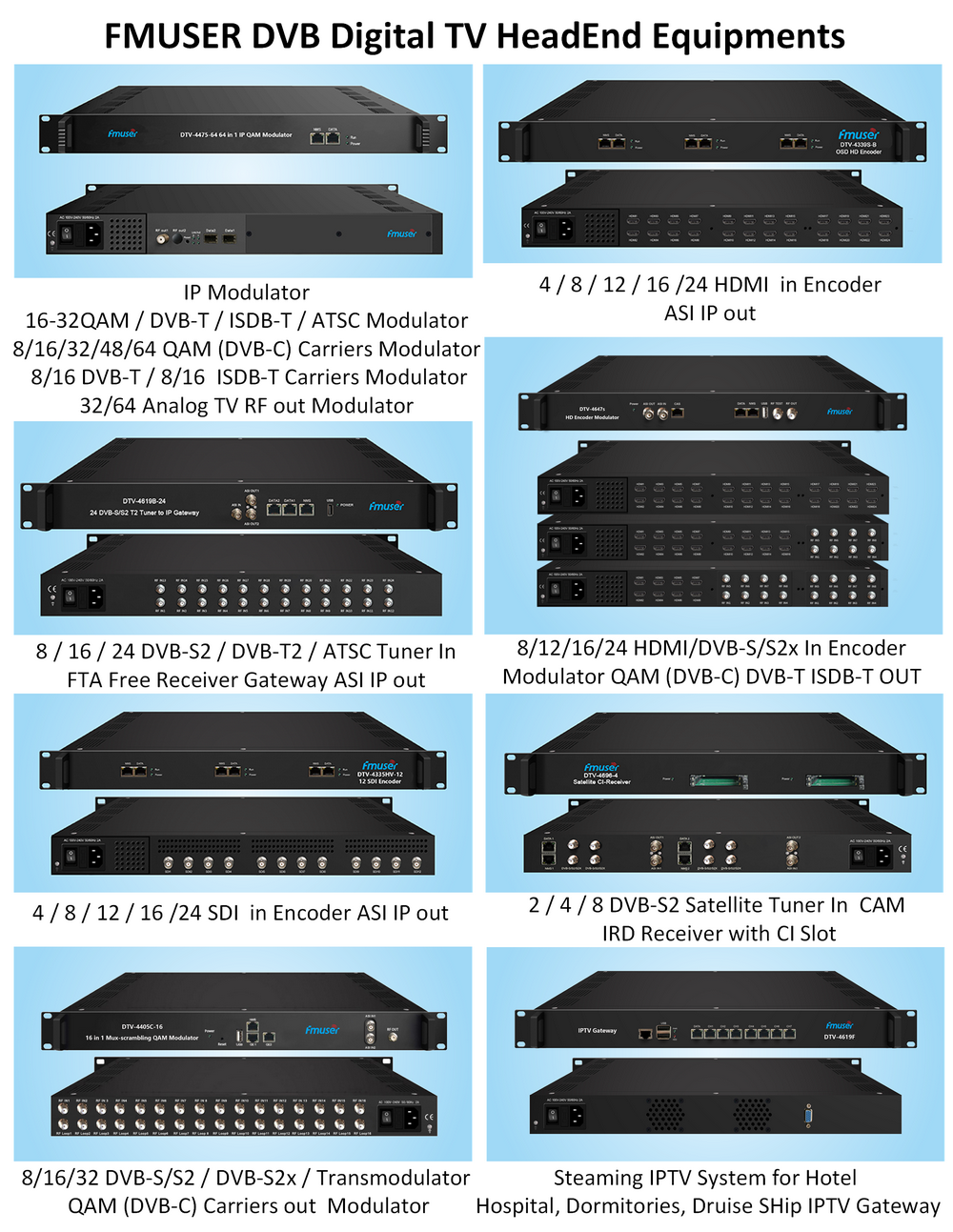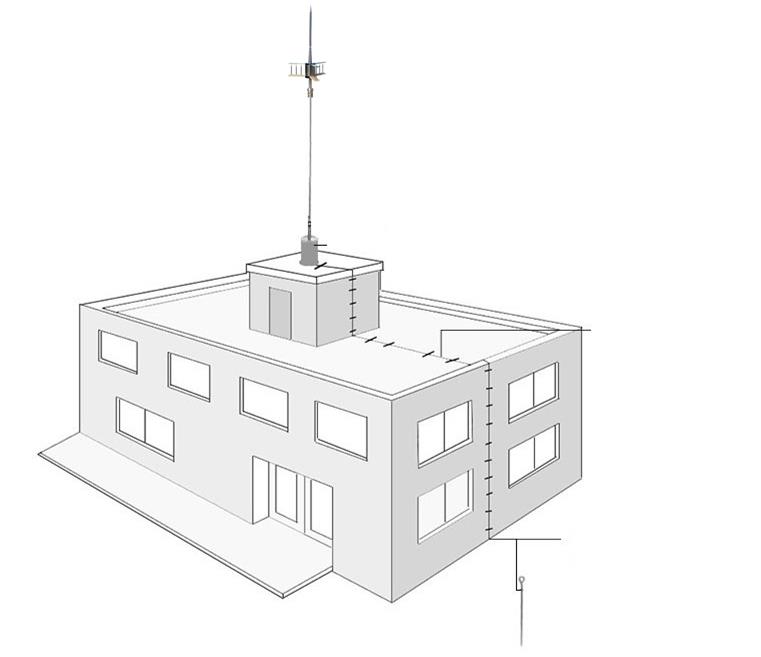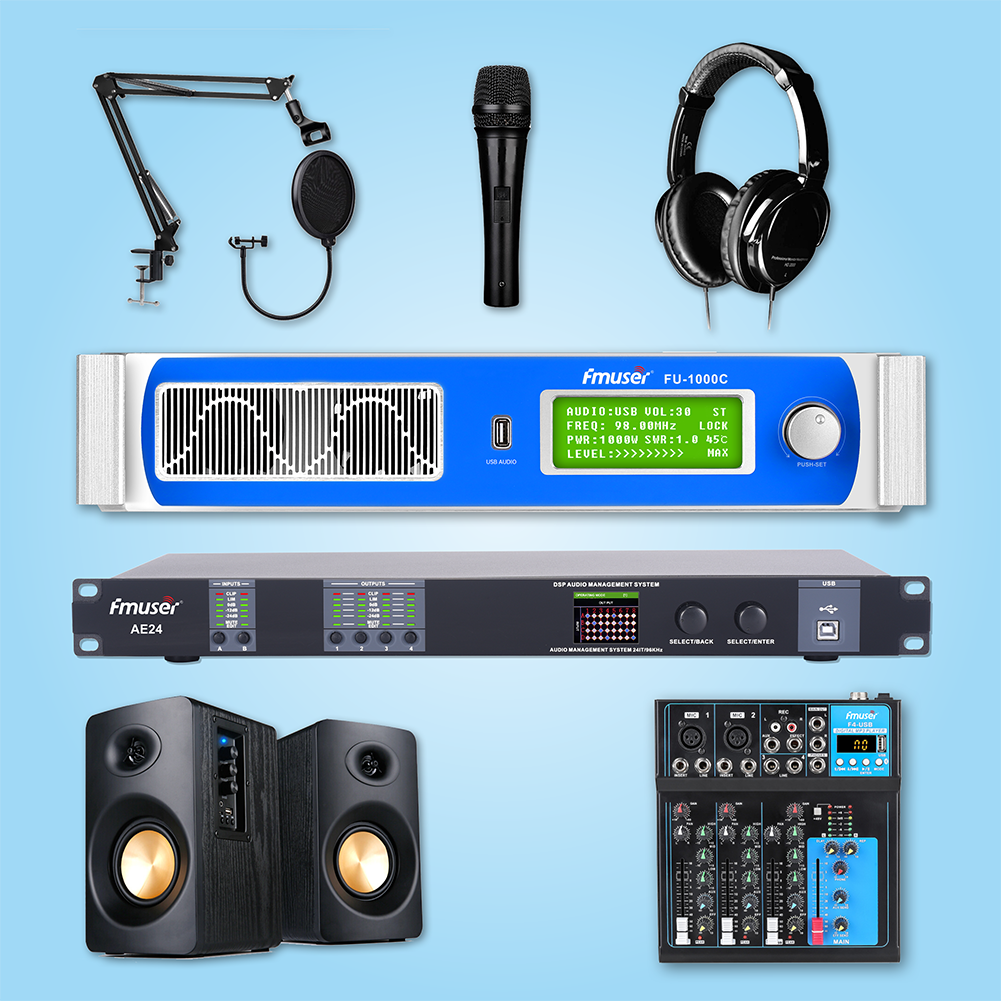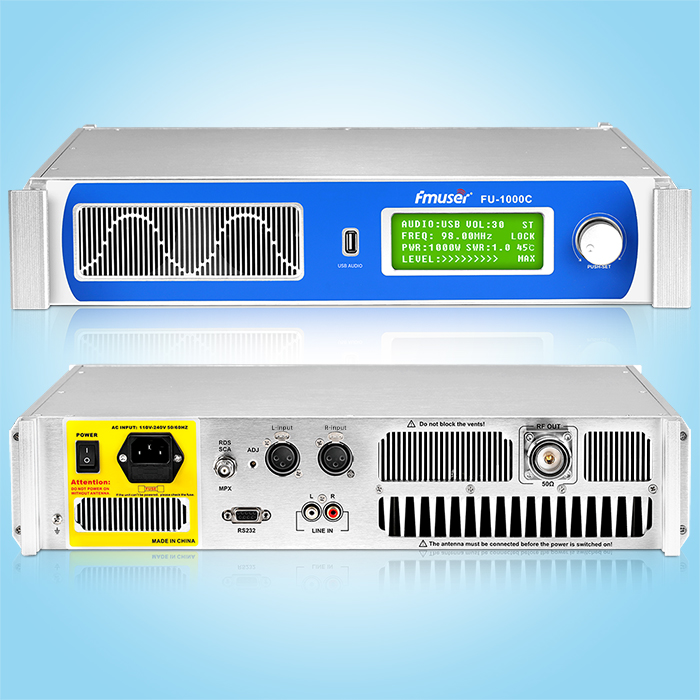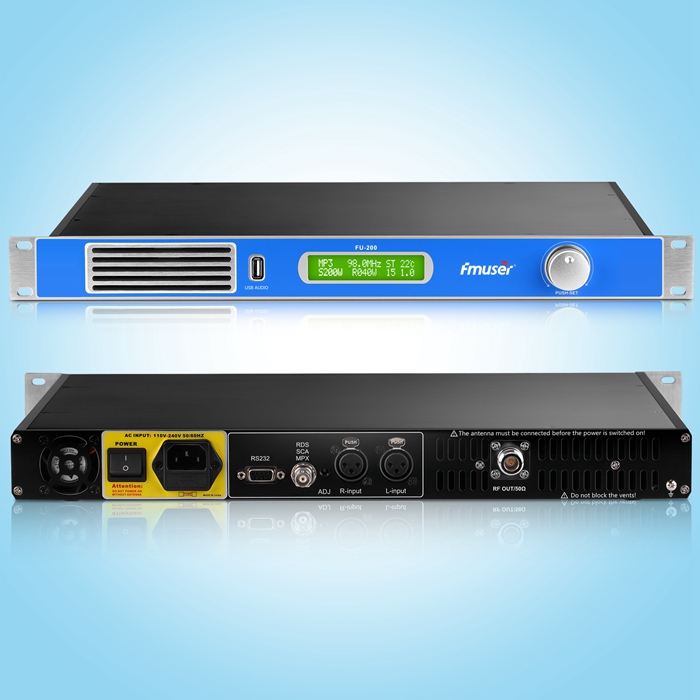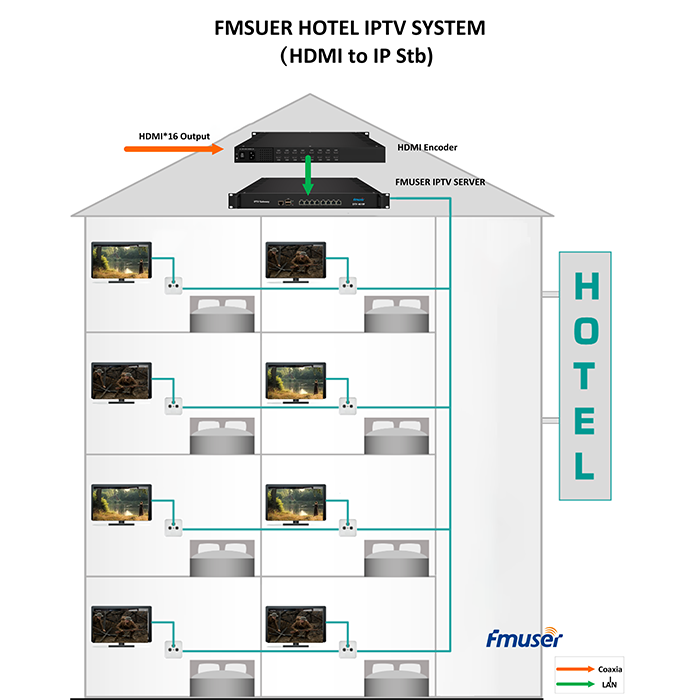"The discussion on the screen of this folding screen mobile phone is very popular on the Internet, and some media disassembled the galaxy fold to find the root cause of the problem. But today, Sam Lionheart, the chief disassembly engineer of ifixit, came out personally
When Galaxy fold was just released, it received countless compliments. However, after evaluation, screen problems began to break out one after another, which led Samsung to postpone the release of the phone. Is this just a temporary setback, or is it just like airpower canceling the product?
The discussion on the screen of this folding screen mobile phone is very popular on the Internet. Some media disassembled the galaxy fold to find the root cause of the problem (details: Samsung Galaxy fold disassembled, with some design defects). However, Sam Lionheart, the chief disassembly engineer of ifixit, came out personally today. Through years of rich disassembly experience and familiarity with the structure of mobile phones, he brought us some guesses and conclusions about why Galaxy fold died.
Before disassembly, let's take a look at the specifications of the mobile phone:
One 7.3-inch super sensory flexible folding screen (resolution 2152 x 1536362 PPI) and one 4.6-inch surper AMOLED sub screen (resolution 1680 x 720399ppi)
64 bit Qualcomm snapdragon 855 eight core processor
12GB RAM with 512gb internal storage space
There are 6 cameras in total, from front to back: 10 MP selfie camera, 8 MP RGB depth camera, 16 MP ultra wide angle camera, 12 MP wide angle camera and 12 MP telephoto camera
Capacitive fingerprint sensor combined with Bixby function
Usb-c power / data interface, no headphone hole
Internal disassembly
Unlike the boring glass panel we used to see, this phone / tablet has many entry points for disassembly. In order to be able to fold, the edge of the screen leaves a gap between the two components, which will only be found if you notice. But this space won't help you disassemble the equipment, but it's really tempting. Never try to disassemble from here. The 7mm gap seems to be nothing, but it exposes the screen, so once it is accidentally removed···
When the phone is folded, the screen will be protected, but huge gaps can be seen on both sides of the hinge, which attracts us to try. These gaps don't seem to damage the screen, but they are sure to accumulate stains. It has been many years since we last saw a mobile phone with such a big gap. Now the mobile phone industry tends to move away from mechanical activity modules and towards closed design. Looking forward to how to overcome these problems in folding design in the future will be a very interesting thing.
Even if the phone is folded only once, the crease in the middle will be very obvious.
Experience tells us that Samsung likes to start with the screen panel and end with the bonded backplane, so we take the backplane as the entry point. To our surprise, we only need to heat a little to soften the adhesive, and one of the back plates can be removed for us to disassemble internally.
Even the back plate fixed with a small amount of adhesive is a headache. Compared with this, removing the screws has become a pleasure. This strange mobile phone design can be handled only with pH cross screwdriver.
The components we disassembled under the backplane still have the flavor of Samsung. Firstly, the wireless charging coil and antenna assembly are removed.
This half looks very much like a complete mobile phone, only lacking speakers and vibrators. So what's the other half packed?
It doesn't take much time to disassemble the other half, and this non folding screen can be removed with only a little heating, but it's not as simple as disassembling the back plate.
Because the screen is small and flat, it is more difficult to poke the OLED panel during disassembly.
This s6sy761x touch controller produced by Samsung can be seen almost in the recent disassembly of Samsung.
1, 2 batteries, too much adhesive.
This longer front battery is 42.2 x 76.15 x 3.8 mm and the rear battery is 42.7 x 64.3 x 4.6 mm. The capacity is 8.22 and 8.65 wh respectively, or 2135mah and 2245mah. These two batteries are not as powerful as the 11 + wh battery of the galaxy S10, but the two batteries in series can surpass the S10 and provide 16.87wh energy.
Six cameras are plugged into this device. In addition to this device, we have seen so many cameras in our mobile phone, and only P30 pro.
Red: rear 12 MP telephoto and 12 MP wide angle camera
Orange: rear 16 MP ultra wide angle camera
Yellow: 10 MP selfie camera and 8 MP RGB camera in folding screen
Green: 10 MP selfie camera with non folding screen
Left motherboard. There are some silicone seals around the flexible cable connector, which are not common on Samsung equipment. When the body is not waterproof, this method can protect the small board.
Left motherboard chip:
Red: MPB02 607rdf 1911txk, which may be a power management IC
Orange: 52d0s05 607w1r g1912r7d
Yellow: cs3sl40 a0iu1907
Green: cs40l25 biahi849
Blue: asl01 g1909 aawa3 07r5z
Right motherboard chip:
Red: Samsung k3uhaha 12 GB RAM with Qualcomm snapdragon 855 below
Orange: Samsung klufg8rhda-b2d1 512 GB eufs flash memory
Yellow: qorvo 78062 may be a RF fusion module
Green: Qualcomm sdr8150
Light blue: Murata km9307057
Dark blue: Maxim max77705c power management IC
Purple: IDT p93205
Red: skyworks 78160 front end module
Orange: skyworks 77365 power amplifier module
Yellow: skyworks 13716 lf front end module
Green: Qualcomm pm8150 may be a power management IC
Light blue: Qualcomm wcd9431 audio codec
Dark blue: Qualcomm qdm3870 RF front end module
Purple: NXP 80t17 NFC controller
Collapsible OLED screen disassembly
After dismantling the internal components, we turned our attention to the shining point of the phone: the foldable OLED screen.
The screen bezel is only fixed with a little adhesive, and disassembly will not take much effort. Usually, we obviously prefer the design of light-weight adhesive, but on this equipment, we can't help worrying that these baffles will easily fall off as the years change, thus exposing and damaging the screen.
These borders are thin and cover only a 2mm wide screen. The slender frame is obviously not soft enough to fold with the screen. Is Samsung really at ease to expose its fragile screen? Or is there no way to find suitable materials for protection?
Remove the frame. Next, disassemble the screen! Only the edges of the screen are fixed with adhesive, perhaps to allow some movement when folded or opened, but it also makes disassembly easy. In other words, the cost of replacing this very fragile screen may be lower than you think, provided you can find the spare parts of the screen.
Using plastic instead of glass as the substrate of the OLED screen means that the screen may not break so easily. But judging from the early evaluation alone, there are many ways to destroy the screen. The screen is connected to the motherboard through an ultra wide screen cable on the left side of the fuselage. News from Verga said that the "jelly effect" of the phone may be due to the problem of screen drive, not the screen.
Each half of the screen is adhered to a thin metal support plate, and the metal support plate is adhered to the middle frame of the mobile phone, which allows the non bonded part in the middle to obtain a larger folding radius. Even if separated from the middle frame, these metal support plates can support the strength of the screen, which provides elasticity when unfolding the mobile phone
After removing the screen from the fuselage, the creases on the screen are not so obvious.
The top-level components attached to the surface of this new type of flexible screen caused a lot of commotion among the early reviewers who got the media machine. Samsung called this material an "advanced polymer protective layer" and said it could not be removed.
Curiously, this layer of material is very similar to the protective film pasted in advance on the galaxy S10. Why not enlarge and extend this layer of protective film under the screen baffle to prevent people who love to tear off the film accidentally?
In all known cases (including US), removing this protective layer means that the life of the screen has come to an end. In theory, this screen can display normally even without this protective layer. However, the protective layer is closely bonded to the screen, and the screen is so fragile that it becomes very difficult to remove the protective layer without applying too much force to damage the screen.
Analysis of hinge system design
Next, this magical hinge makes the technological magic of this device possible. Let's calculate:
Four spring-loaded bayonets lock the screen in the "unfolded" state. The system is well designed and seems to have a long life cycle.
Two hinges fixed to the center shaft, one at the top and one at the bottom, with some clearance to absorb torque
A central hinge drives a gear system, which can evenly share the driving force during deployment to ensure the synchronous deployment of the two halves of the mobile phone.
Two flexible cables with good layout play a role similar to the corpus callosum. As a bridge for communication between the two halves of equipment, each section of the cable is fixed in a suitable position before bending, which makes the cable have a certain free space.
In the long run, there are serious reliability problems in the layout of flexible cable in the hinge, but at least this cable is a modular design, unlike some equipment we recently disassembled.
Center pillar in motion
Top: single circular sliding hinge.
Just below it: an elastic bayonet for locking the position of the phone.
Below it: an array of gears that stabilize the center and distribute torque.
Samsung said that they have tried to fold the phone more than 200000 times. We don't have much doubt about this hinge system, but people's hands may not be as gentle as Samsung's robots.
We did not find protective measures at these hinges, which means that the large gap near the center pillar can allow dirt to enter the equipment directly, and may trap these substances between the hinge and the screen.
Although these things may leave the fuselage, any material between the fragile screen and the hard metal back plate may become a damage point to the mobile phone when the mobile phone is deployed.
The above is the complete disassembly, but in addition, Sam Lionheart, the chief disassembly engineer of ifixit, also summarized the speculation and analysis of why Galaxy fold died: (the chief disassembly engineer of ifixit: three reasons for the failure of Galaxy fold)
(source: ifixit)
New product information:
Silicon delivery technology grove Suite: no hardware driver or embedded development is required. It is designed for Microsoft azure services
Vickers vcnl36687s proximity sensor: small package, integrated signal processing IC and 12 bit ADC
Adeno semiconductor eval-adxl362 evaluation board: compatible with Arduino interface and its own LCD screen
Infineon im69d120 and im69d130 xensiv MEMS microphones are designed for low distortion and high signal-to-noise ratio
Recommended activities:
Award winning Q & a | how much do you know about TOF flight time?
Come and register mouser. Everyone has a share of the prize
Mouser helps the graduation season. You can apply for a subsidy of 100 yuan if you place an order of 175 yuan
[cash back for group purchase] you can buy the Internet of things development board particle photo with complete internal organs for 21 yuan
We invite you to join Aiban engineers group (Group No.: 135513647)
More activities, consultation and technical exchange“
Our other product:


